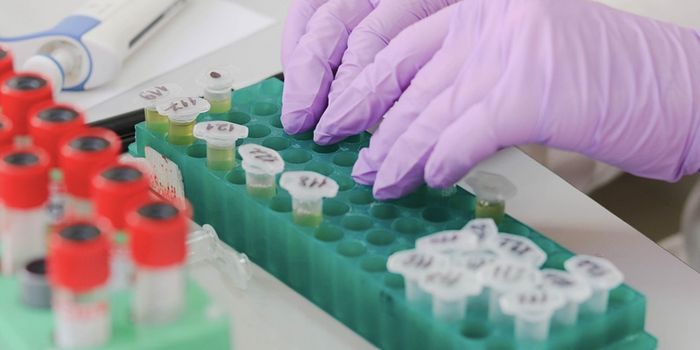Study Finds Outdoor Cultivation Can Be 50% Less Carbon-Emitting Than Indoor Production
A study found that outdoor cannabis cultivation has fewer environmental impacts than indoor production. Outdoor cultivation results in fewer greenhouse gas emissions, soil acidification, and water pollution. The study, published in ACS Agricultural Science & Technology, provides valuable insights since few research studies have examined the impact of outdoor cannabis agriculture.
The study's goals included identifying which fertilizers would maximize cannabis flower yields and tetrahydrocannabinol (THC) production and measuring cultivation impacts on greenhouse gas emissions. The study involved a so-called life-cycle assessment (LCA) of the environmental impacts of outdoor cannabis growing. The researchers tracked cannabis plants grown in Quebec throughout three growing seasons and used LCA to quantify the ecological effects for five indicators:
- global warming potential (GWP)
- marine and freshwater eutrophication potential (MFEP)
- terrestrial acidification (TA)
- fossil fuel depletion (FD)
- metal resource depletion (MD)
The study mainly examined outdoor cultivation, but the researchers also monitored plants grown in potting media (peat moss). The researchers discovered that a low-nitrogen, high-potassium formulation (referred to as L+) contributed to a 30% increase in total THC. It also yielded 15% THC compared to the standard 10% THC associated with other formulations. The researchers concluded that the solution with L+ fertilizer had the lowest carbon footprint. The study indicated that potassium levels play a crucial role in enhancing THC production in stressed plants.
While studies on cultivation currently comprise less than 1% of all cannabis research, this study provides a promising foundation for further research on cultivation practices. The potential for more studies comparing on-site potting media reuse and using fresh potting media every growth cycle is encouraging, as it will reveal effective practices for achieving optimal THC content and environmental sustainability.
Sources: ACS Agricultural Science & Technology, Marijuana Moment








